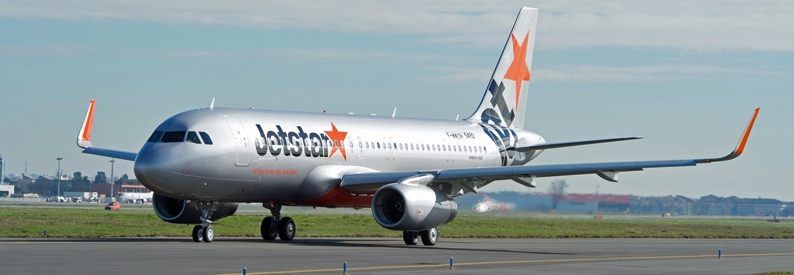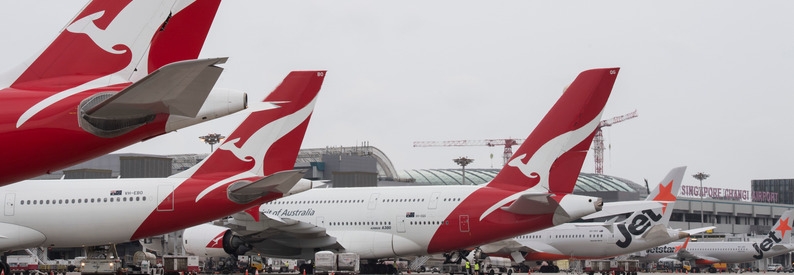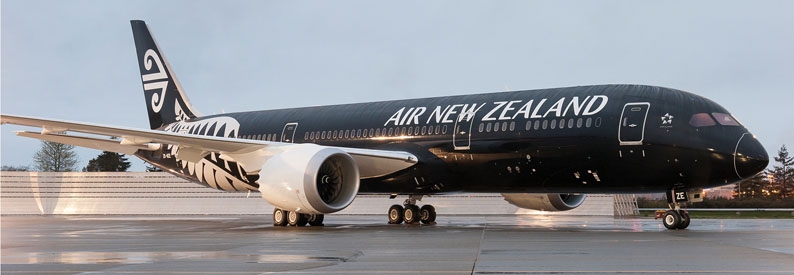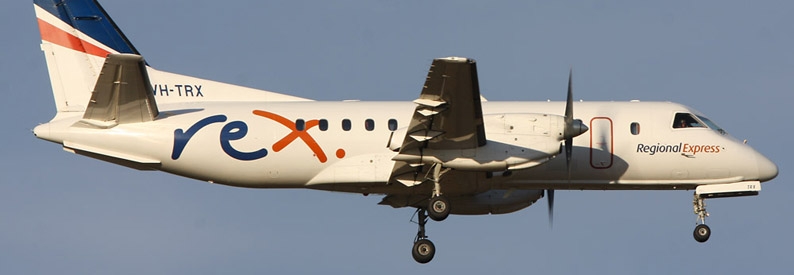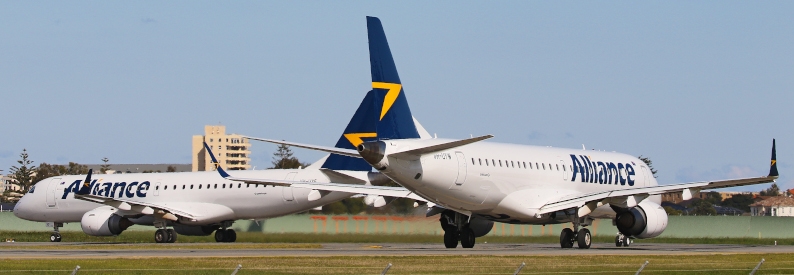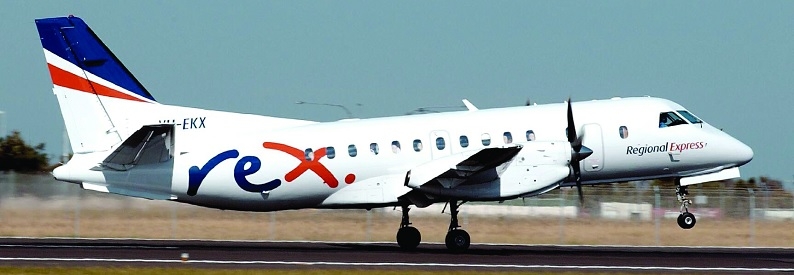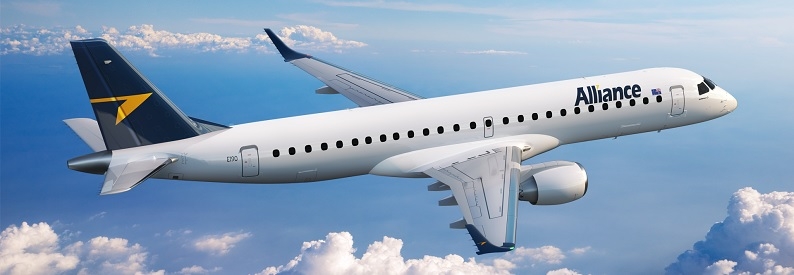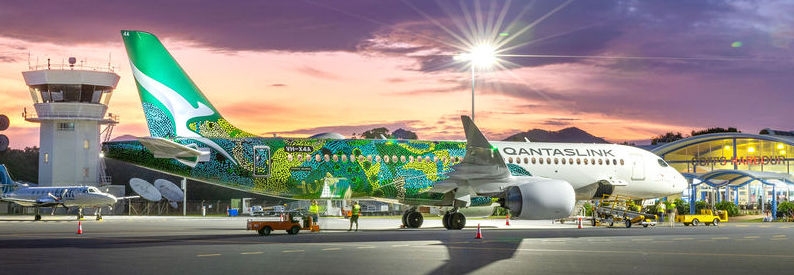Qantas (QF, Sydney Kingsford Smith) has announced plans to retire its fleet of A330s and will ask Boeing and Airbus to put their best offers forward for replacement planes. Speaking after the announcement of an FY2022 loss of AUD1.86 billion (USD1.30 billion) on Thursday, Qantas Group Chief Financial Officer Vanessa Hudson confirmed the fleet replacement plans.
"We will be looking at the market in the coming 12 months," she said. "That aircraft is heading to the end of its useful life. We will run a competition as we have done for the narrowbody fleet in the coming 12 to 18 months."
Qantas has twenty-eight A330s, including eighteen A330-200s and ten A330-300s. According to the ch-aviation Commercial Aviation Aircraft Data module, the average age of the A330-200s is 14.4 years and the average age of the A330-300s is 18.1 years. Eight of the A330-200s are leased, with the lease dates of two planes ending later this year, three in 2023, and one each in 2024, 2025, and 2026. Qantas owns all ten of its A330-300s.
The widebodies primarily fly transcontinental domestic routes within Australia, to Asia, and on selected long-haul routes such as Brisbane International - Los Angeles International. While Qantas didn't announce a firm timeline to start replacing the A330s, they did confirm plans to ask the aircraft manufacturers to make their best offers. Qantas successfully played Airbus and Boeing off against each other in bids for Project Sunrise and Project Winton, with Airbus picking up the business.
The Qantas A330-200 seats between 235 and 271 passengers depending on the cabin configuration while the A330-300 seats 297 passengers. Potential replacement aircraft include the A330-900N, the A350-900, and the B787-9. Airbus has already won orders for twelve A350-1000s, twenty A321-200NY(XLR)s, and twenty A220-300s from Qantas this year.
Also on Thursday, Qantas said it would receive its three remaining B787-9s by June 30, 2023. Qantas Freight will receive two converted A330-200(P2F)s in the second half of calendar 2023 and six previously announced A321-200(P2F)s from early calendar 2024 onwards to replace five B737-400(F)s and help meet demand from a permanent increase in e-commerce from key customers.
- Type
- Base
- Aircraft
- Destinations
- Routes
- Daily Flights

